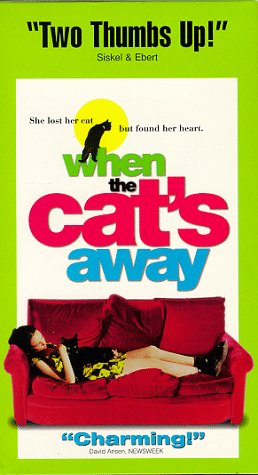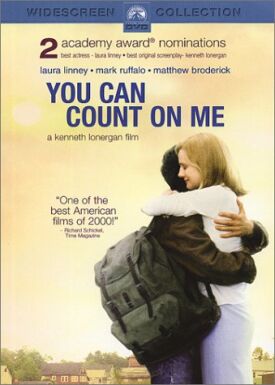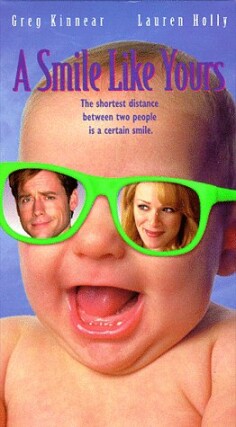Max
Menno Mayjes’s Max begins with a printed notice to the effect that “in the summer of 1917 the imperial German army lost the Third Battle of Ypres and sued for peace.” In fact, the Third Battle of Ypres, better known to the British as Passchendaele, was so far from being a decisive defeat for the Germans that it almost wrecked the morale of the British and gave their enemies renewed hope that, especially with the contemporaneous exit of the Russians from the war, they would be victorious at last — as they very nearly were in the year that the war still had to run.
The historical error is not of any particular significance for a movie that asks what would have happened if Hitler had succeeded in his first ambition, to be an artist, except to suggest that it is counter-factual in more senses than one. The hero is the invented character of Max Rothman (John Cusack), a cavalry officer from a wealthy Jewish family whose loss of his right arm in the war has put an end to his own career as an artist but who has become a dealer promoting the works of George Grosz and Max Ernst among others. He meets the 30-year-old Hitler (Noah Taylor), one of hundreds of unemployed veterans in post-war Munich and, under the impression that he is a follower of Marinetti and the Futurists, takes him under his wing, ultimately promising him a show of his work.
I am not one of those who believe that a study of the pre-genocidal Hitler is an unsuitable subject for film, but apart from Mr Taylor’s riveting performance, which is almost enough by itself to make the movie worth seeing, Max disappoints. This is partly in the nature of the conceit. It is not easy to make headway against dialogue like: “You’re a hard man to like Hitler, but I’m going to try,” as Rothman says at one point. Or Hitler’s telling him: “I’d kill for you Rothman if you’d give me a show.” At one point Grosz asks the name of the curious little corporal, and Rothman tells him. “Never heard of him,” says Grosz.
“You will,” replies Rothman.
Such portentousness is always a mistake, but it is almost inevitable in a film of this kind. More seriously mistaken is the film’s adoption of the now-common vulgar Freudian view of Naziism as largely a matter of puritanical “repression” of the healthy sexual and other instincts that the Munich bohemians were not repressing. From there it proceeds to the more doctrinaire left-wing contention that it was a form of “false consciousness.” Like his character who says of National Socialism, “Don’t be fooled by the name!” Mr Mayjes continues to cling to the quaint 1930s prejudice that Naziism and socialism are at opposite poles. Hitler he sees as hardly believing in his own anti-Semitic claptrap, merely using it to rise to power on the backs of a credulous, not to say cretinous people.
Once you have put forward that appealing but historically dubious proposition, it is a fairly simple matter to arrange the right sorts of ironies in order to suggest that neither the Holocaust nor the Second World War would have happened if only Hitler’s artistic bent had not been thwarted by the lack of a patron — perhaps a government agency resembling the National Endowment for the Arts — for his fantastical drawings of heroic architecture and neo-Gothic military uniforms. What this means is that Naziism remains a complete mystery to Mr Mayjes. That Hitler wanted to get ahead, that he was a fantasist of his own greatness as an artist, that he held certain views that most people of his time held and certain others that were new and unusual — how do you put these things together and get the Holocaust?
This movie gives us no hint, contenting itself with facile formulations like Hitler’s saying: “I am the new artist practising the new art, and politics is the new art.” Oh, so that’s where Auschwitz came from. Ultimately, Mayjes contents himself with the easy suggestion that it was all a matter of Hitler’s traditionalism, combined with his cynicism — both very common things in many times and places where there was no Holocaust. Well, if you believe that perhaps you will also believe what Max’s grandpa said, that “war is the means by which the unhappy turn the happy into themselves.” It sounds suspiciously like a coinage of the flowery-powery 1960s, like so much else about this movie — which is unlikely to recommend itself to those with a serious historical interest in the Nazis and their milieu.
Discover more from James Bowman
Subscribe to get the latest posts to your email.






